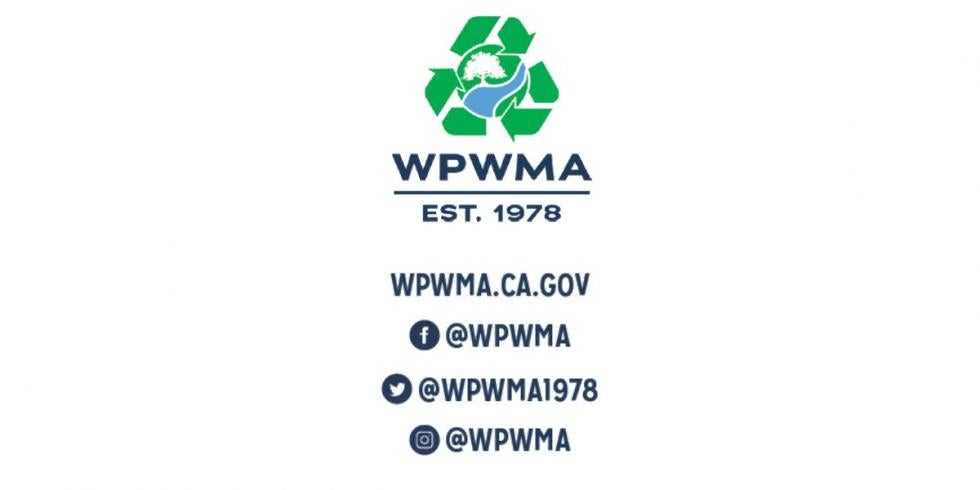Western Placer Waste Management Authority (WPWMA) has been creating solutions and transforming waste into a resource since 1978. This joint powers authority established between Placer County and the cities of Lincoln, Rocklin and Roseville owns and operates several facilities on their 1,000-acre campus north of Roseville including a regional landfill, a composting facility and the largest producing materials recovery facility in the state.
After an extensive master planning process, the WPWMA outlined what the next 50 years of solid waste management and innovation looks like. “We’ve decided to set aside 300 acres for compatible manufacturing with the goal of advancing recycling innovation and developing a local circular economy for our materials,” says Emily Hoffman, public information officer.
The agency’s goal of jumpstarting a local circular economy through compatible manufacturing would send recycled materials back through the manufacturer user loop repeatedly at a local level rather than to a final disposal in a landfill or transportation to recycling facilities across the nation or the globe.
“Collaboration has long been essential to the Placer region’s success, and it will be vital for the authority and our efforts in developing a local circular economy,” says Eric Oddo, program manager. “We cannot achieve our lofty goals by working alone and we’re grateful for the amazing partners we’re already working with.”
Such partners include the Carlsen Center for Innovation and Entrepreneurship at Sacramento State. In 2022, the two launched an annual pitch competition for local entrepreneurs with a cash prize and opportunity for a pilot project at the WPWMA for innovators who demonstrated beneficial reuse or transformation of existing waste products.
“We have the land, we have the materials, we just need your idea to make a local circular economy a reality.” – ERIC ODDO, Program Manager
WPWMA is actively engaging in discussions to partner with private companies to site compatible manufacturing plants and technologies on their land. Oddo concludes, “Developing a local circular economy can provide stable markets for our recyclable products and has the potential for high-wage job creation and economic growth for the benefit of our community.”



![Pictured [L-R]: Eric Oddo, Program Manager; Emily Hoffman, Public Information Officer; Will Scheffler, Operations Superintendent](/sites/main/files/imagecache/carousel/main-images/_mac0010.jpg?1701721721)
